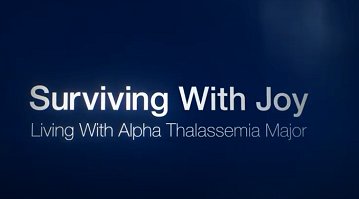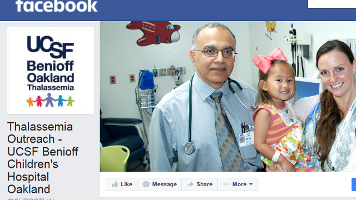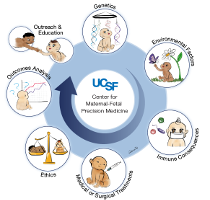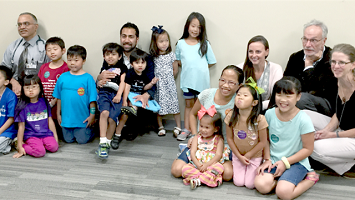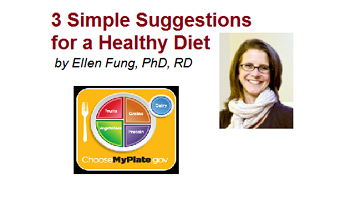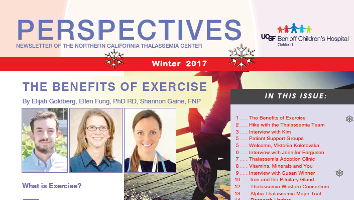Life Stages: Adolescence
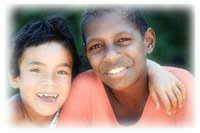 Many parents and patients say that the teen years are the most difficult time for families.
Families struggle with the shift of responsibility and control over the disease, academic progress, and
social activities. As teens take more responsibility for their illness, compliance may become an issue.
Teenagers spend less time at home, are more oriented toward their peers, and are motivated to be like their peers.
All of these factors can lead towards non-compliant behavior. Adolescents begin to think more like adults
and to understand adult concepts of illness and mortality. While teens can cognitively understand abstract
concepts, many feel protected from negative consequences; this can lead towards risk-taking behaviors,
including experimenting with drugs and alcohol, sex and aggressive behavior.
Many parents and patients say that the teen years are the most difficult time for families.
Families struggle with the shift of responsibility and control over the disease, academic progress, and
social activities. As teens take more responsibility for their illness, compliance may become an issue.
Teenagers spend less time at home, are more oriented toward their peers, and are motivated to be like their peers.
All of these factors can lead towards non-compliant behavior. Adolescents begin to think more like adults
and to understand adult concepts of illness and mortality. While teens can cognitively understand abstract
concepts, many feel protected from negative consequences; this can lead towards risk-taking behaviors,
including experimenting with drugs and alcohol, sex and aggressive behavior.
What you can do as a parent:
- Continue to negotiate with your child around disease responsibility.
- Have your teen start to develop independent relationships with his or her health care providers; this can help you negotiate the transfer of care to your child and give him/her a private and safe place to voice concerns.
- Get support and information from other parents going through this difficult time.
- Do not hesitate to ask for your family to meet with a psychosocial provider to help you manage these years.
What you can do as a patient:
- Try to find people to talk to who you think can listen to your questions or concerns about your disease. You may want to try friends, parents, relatives, health care providers, and other patients.
- Contact TAG (Thalassemia Action Group) at (800) 935-0024 or (800) 522-7222 (e-mail: ncaf@aol.com). This is a national peer support network of patients that provide information on thalassemia.
- Subscribe to a listserv (thalassemia@listbot.com). Join a virtual community of thalassemia patients or find a pen-pal.

